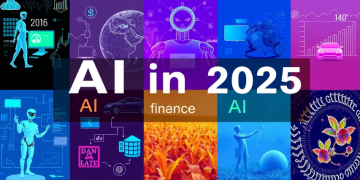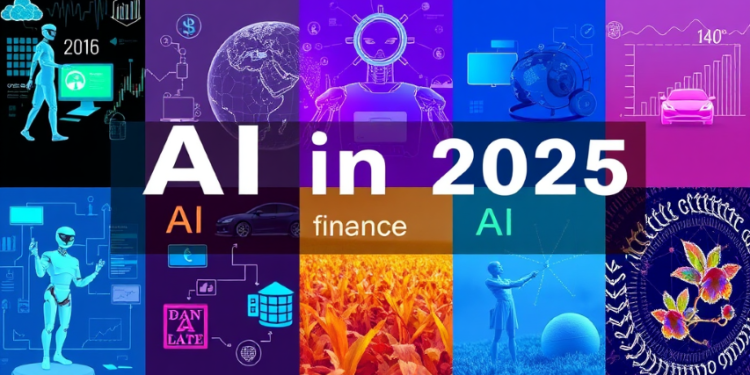🤖 Introduction
By 2025, Artificial Intelligence (AI) and automation are not just buzzwords—they are central to India’s digital transformation. From smart factories to AI-powered healthcare, these technologies are redefining how businesses operate, how services are delivered, and how jobs evolve. This article explores the impact of AI and automation on India’s workforce and economy.
🧠 Where AI Is Making an Impact
- Healthcare: AI is being used for early disease detection, personalized treatment plans, and medical imaging analysis.
- Agriculture: Smart sensors and AI-based crop advisory systems are improving productivity and sustainability.
- Retail and E-commerce: Personalized shopping experiences, predictive inventory, and automated customer service.
- Manufacturing (Industry 4.0): Use of robotics, IoT, and predictive maintenance in automotive, electronics, and textile sectors.
- Education: AI tutors, automated assessments, and adaptive learning platforms are transforming teaching.
💼 How Jobs Are Changing
- Job Creation: New roles in AI development, data science, robotics maintenance, and AI ethics are in high demand.
- Job Transformation: Existing jobs are evolving—marketing, HR, and finance professionals are now expected to be data-savvy.
- Job Loss Risks: Routine and repetitive roles in sectors like BPO, logistics, and manufacturing are being automated.
🏛️ Government and Industry Support
- IndiaAI Mission: A ₹10,000 crore initiative launched to fund AI research, startups, and innovation hubs.
- Skill India & Digital India: Focused on upskilling workers in AI, ML, and automation technologies.
- Public-private partnerships: Collaborations between tech firms and academia for AI training and real-world applications.
🔐 Key Challenges
- Reskilling Gap: Many workers lack access to affordable, high-quality training programs.
- Bias in AI Models: Issues around fairness, transparency, and accountability.
- Data Privacy: With more automation, protecting personal and corporate data is more critical than ever.
- Disparity: Unequal adoption across rural and urban regions and between large enterprises and MSMEs.
🔮 What the Future Holds
- AI in governance: Predictive policing, smart traffic systems, and real-time policy feedback are becoming common.
- AI for social good: Language translation tools for local dialects, AI-based accessibility for the differently-abled.
- Rise of “Human + AI” teams: Collaborative intelligence models across industries.
- AI regulation: India is drafting ethical AI frameworks and data protection laws.
🧠 Final Thought
AI and automation are reshaping India’s economy—but their success depends on inclusion, education, and ethical implementation. With the right balance, India can turn this transformation into an opportunity for all.

































































